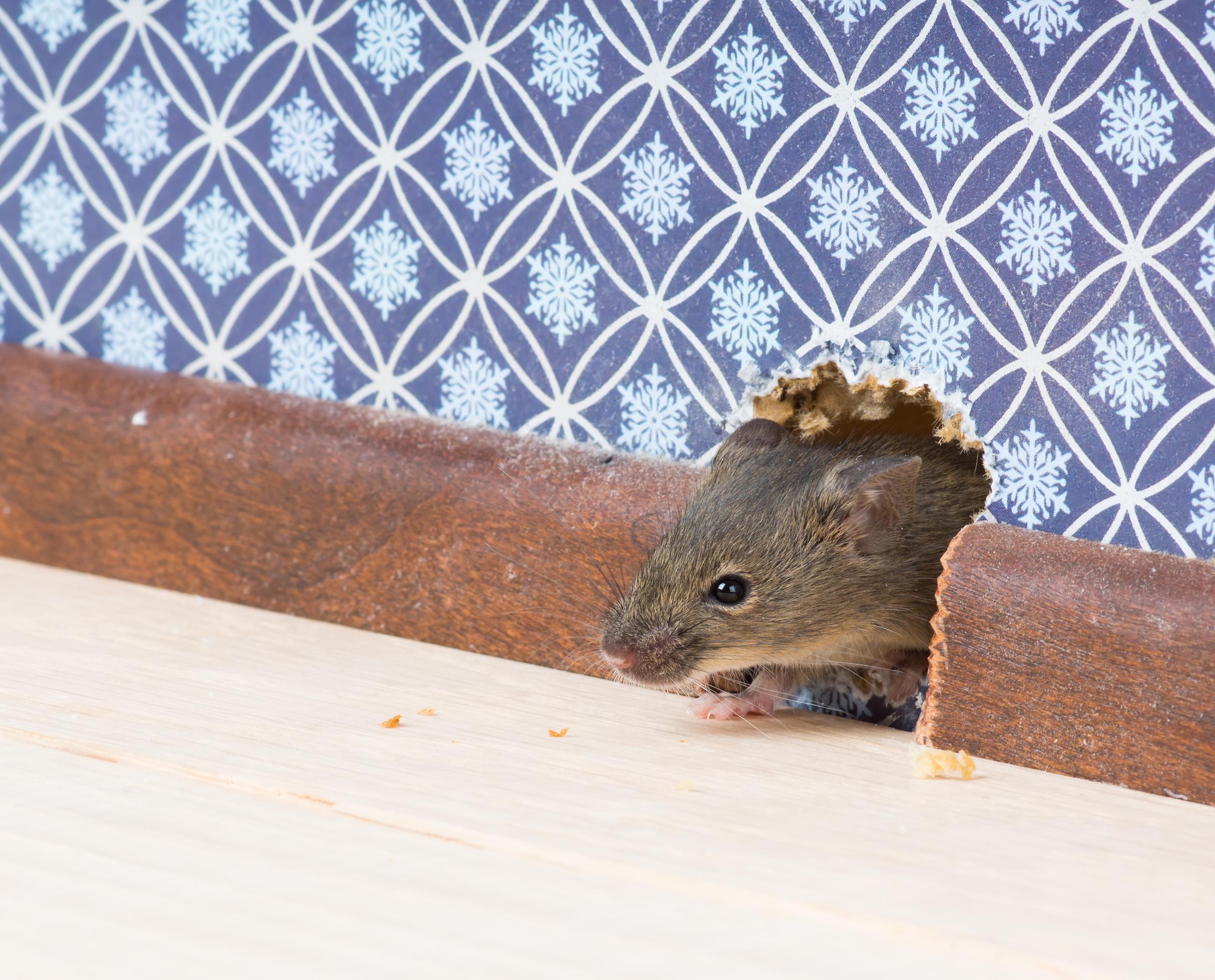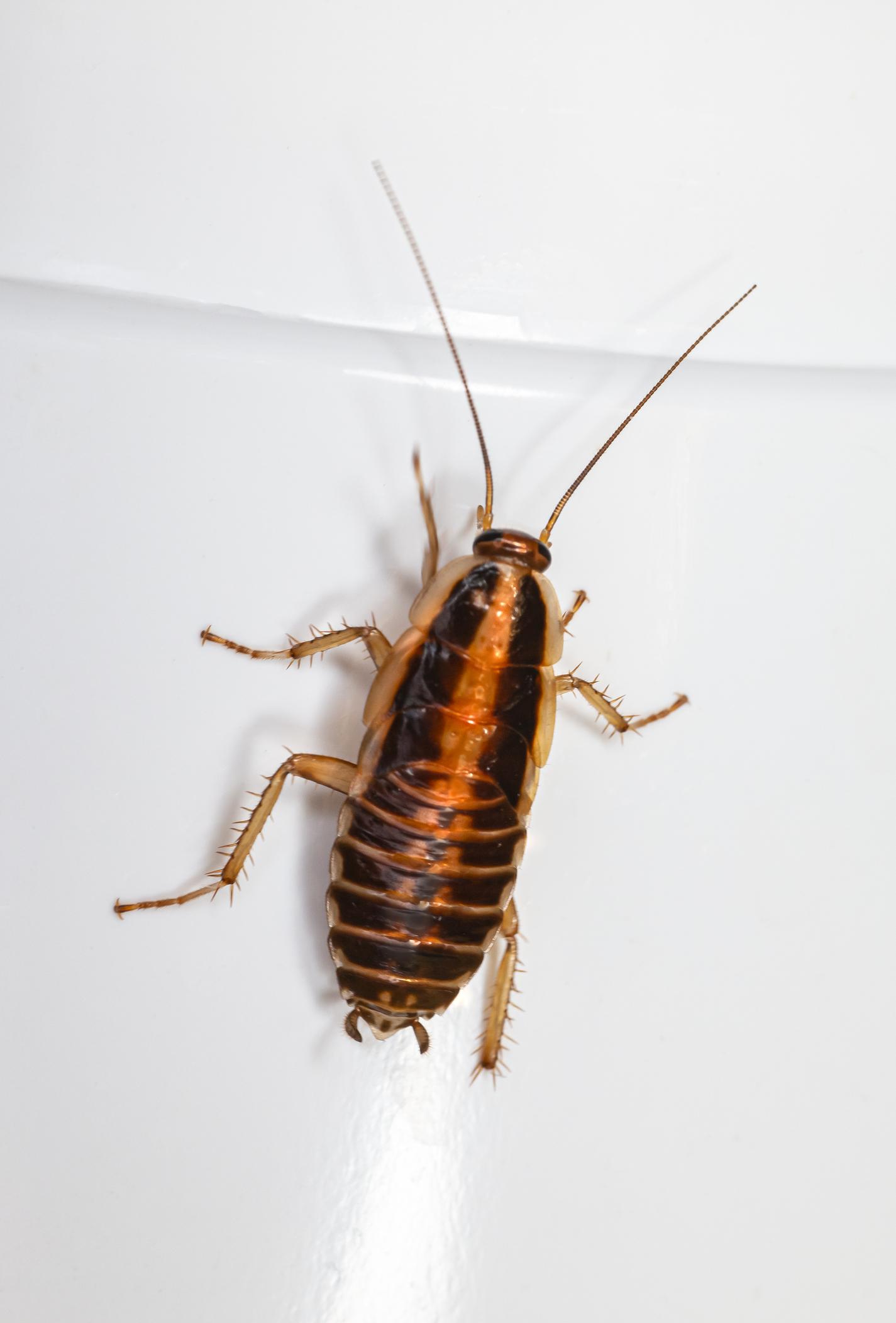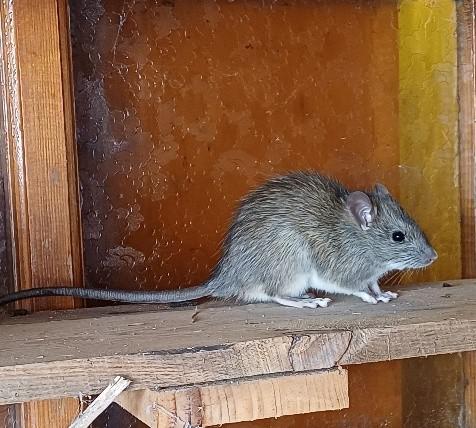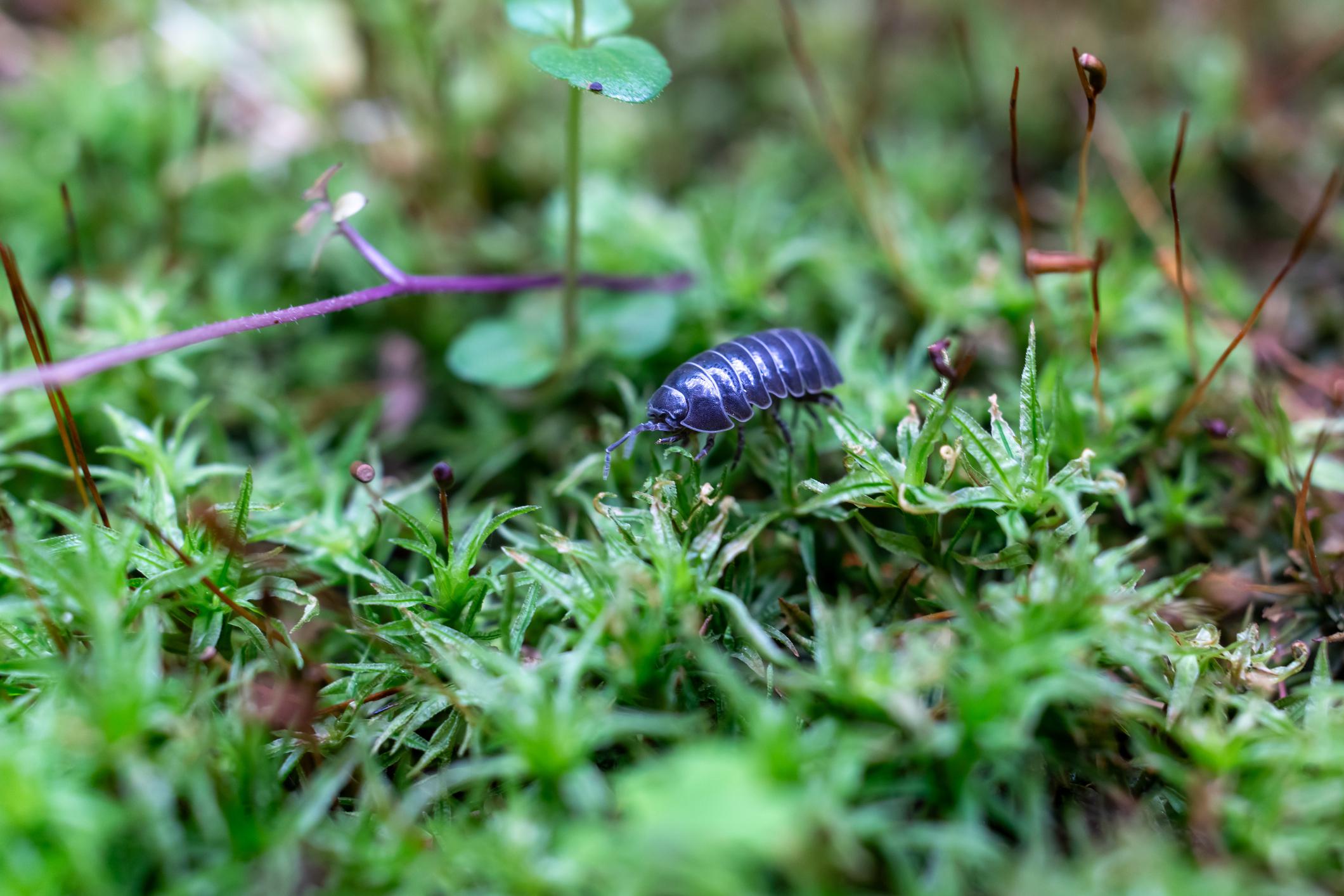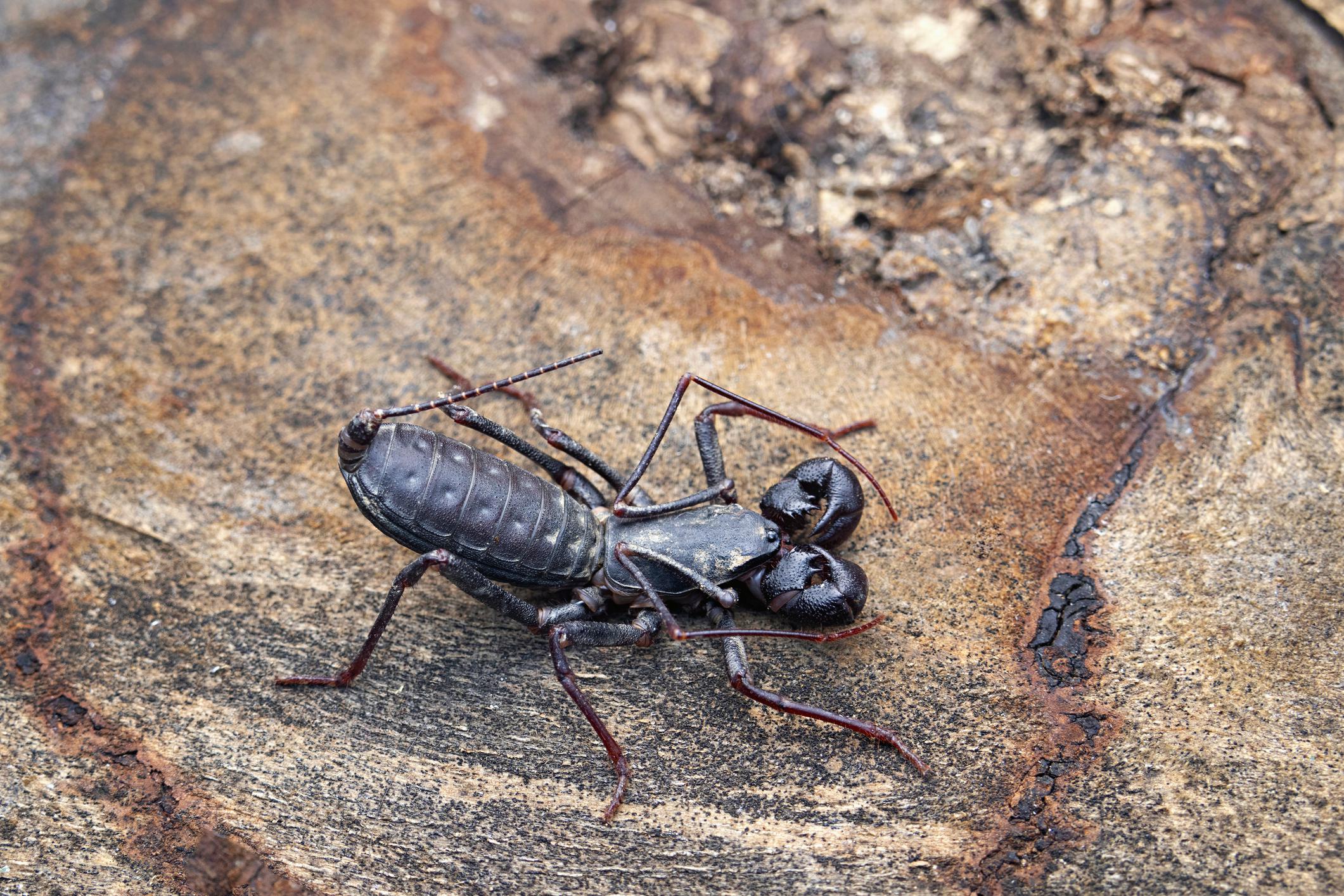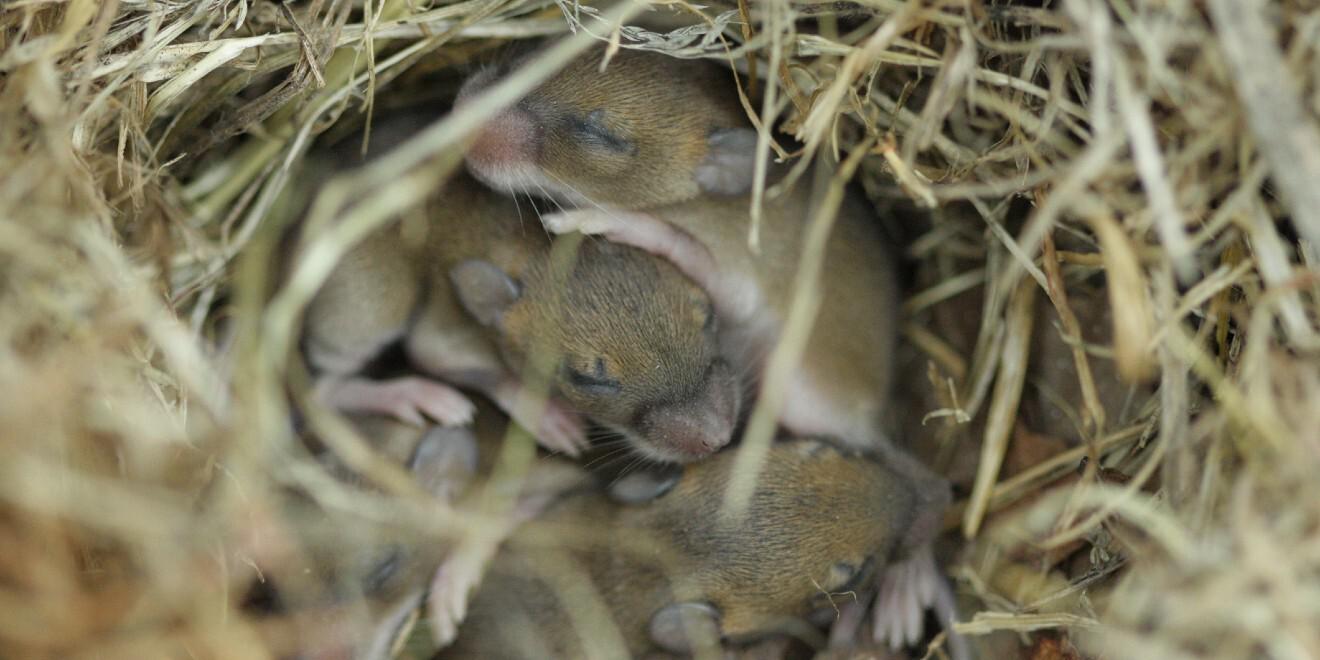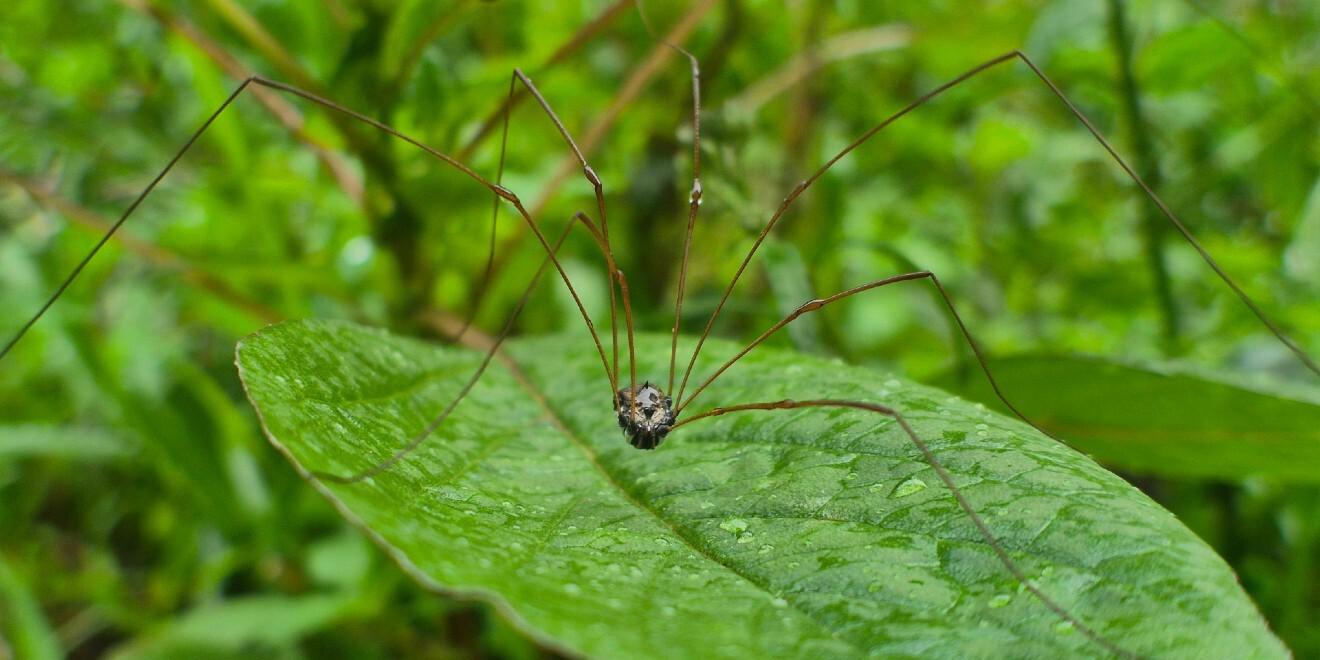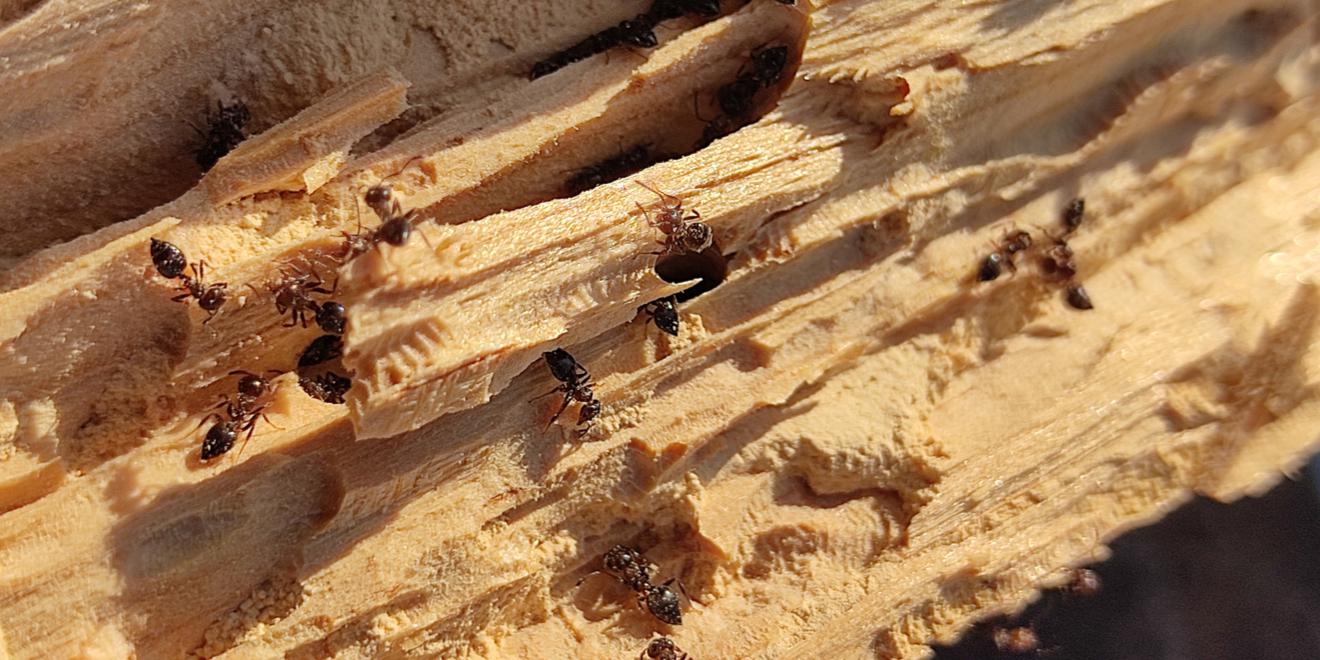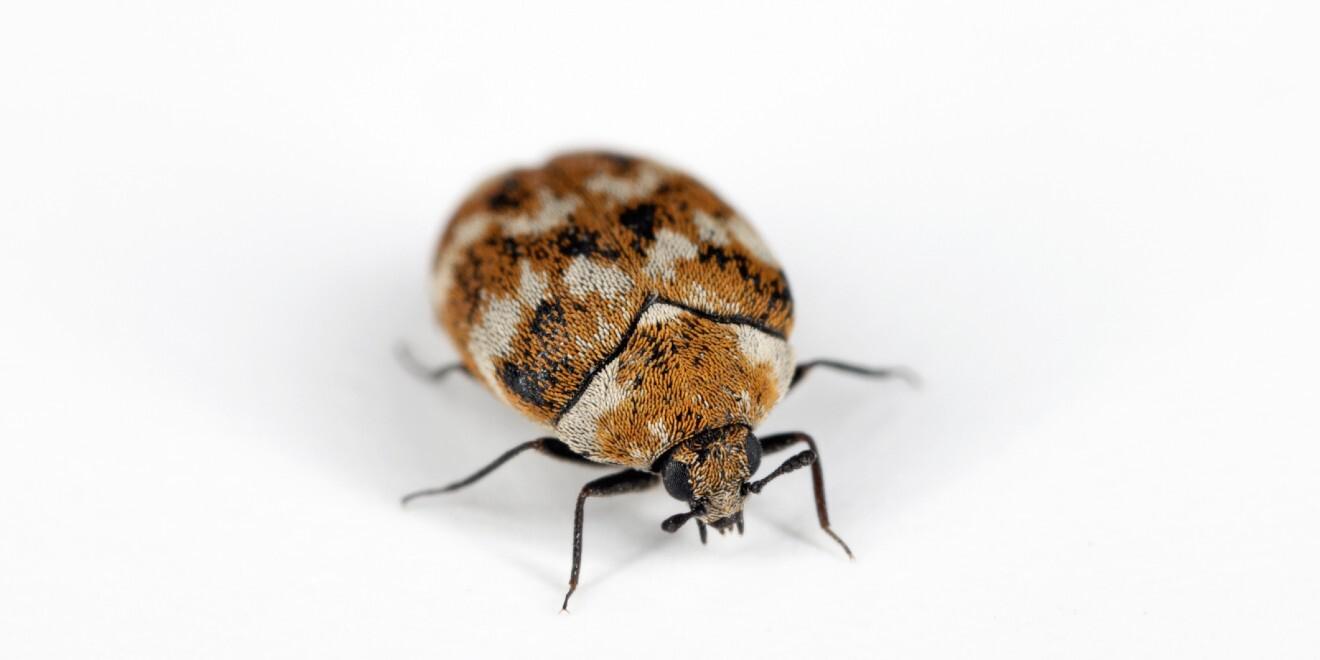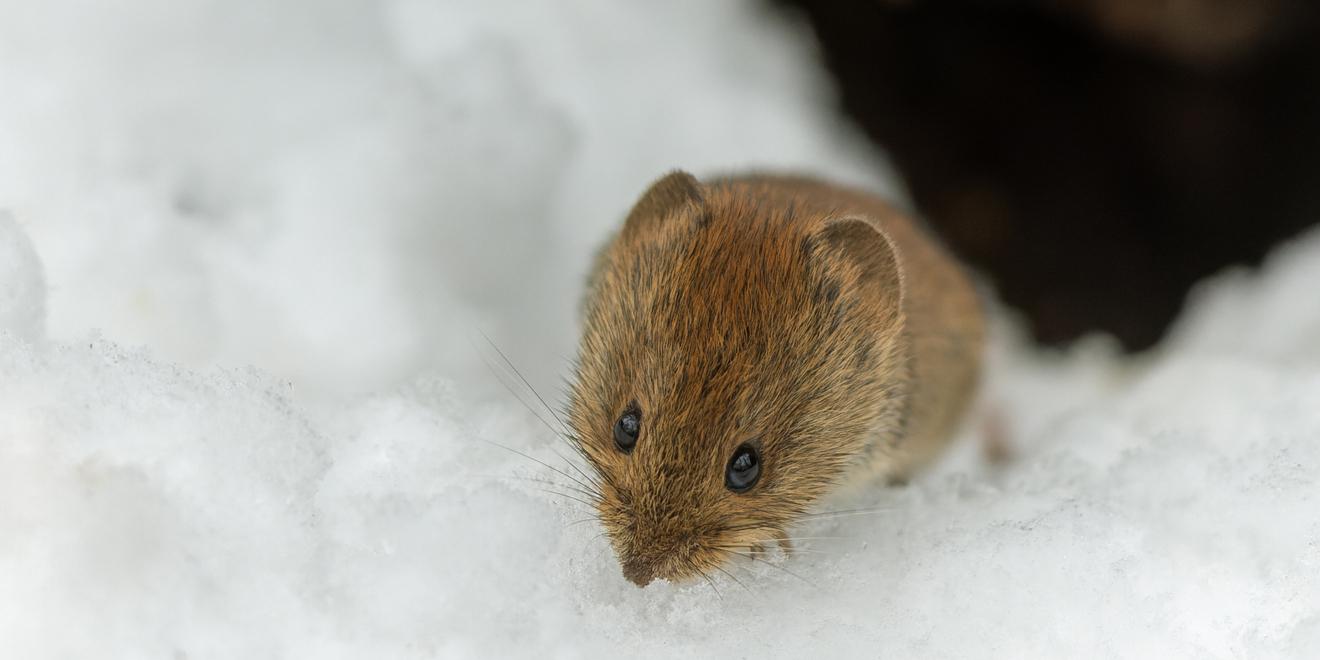When Does Mosquito Season End in Utah?
Posted by Mosquito Squad
September 25, 2025
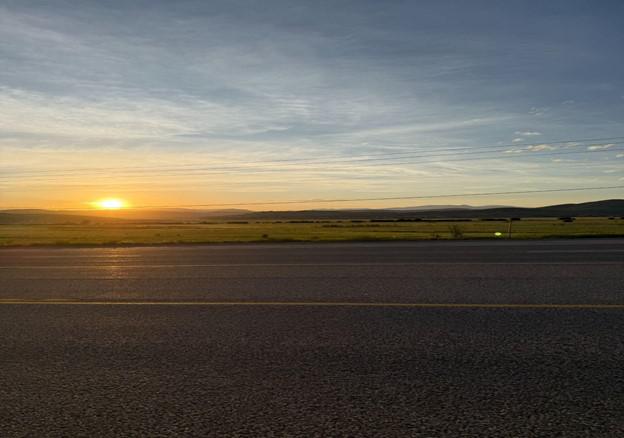
Cooler Nights, But the Buzz Isn’t Gone Yet
Fall is creeping into the Salt Lake Valley. Mornings feel crisp, evenings are shorter, and football is back. But step outside near Utah Lake at dusk, and you will still hear that familiar buzz in your ear. Mosquito season in Utah does not end the moment the air turns cooler, it grows with boxelder bugs on walls in Utah County, or spiders sneaking into Wasatch basements, and it is one of the most common reasons homeowners call for pest control in Salt Lake City every fall.
Mosquito Season in Utah: When It Starts and Ends
- Threshold: Mosquitoes stay active as long as overnight temperatures remain above 50°F. Once temps consistently dip below that mark, adults can no longer survive. In Utah, consistency is the key. A single cold night is not enough. If days warm back up, mosquitoes can remain active, which is why bites often surprise families in Draper, Sandy, or Bountiful well into the fall.
- Timeline: Mosquito activity across the Salt Lake Valley and Wasatch Front usually runs from spring through October. In neighborhoods with steady irrigation or close to water, like Provo and Lehi near Utah Lake, or along canals in Davis County, activity can stretch into the first week of November. That is why we continue treatments into early November, not only to keep late-season mosquitoes from biting, but also to cut down the populations waiting to hatch next spring.
- Local hotspots: From shady backyards in West Jordan to birdbaths in Kaysville or clogged gutters in Utah County, mosquitoes find countless places to hide. Areas near Utah Lake and the Jordan River are especially active, and even in urban spots like downtown Salt Lake City, standing water in planters or storm drains can extend mosquito season.
Why Mosquitoes Stick Around Longer Than You Think
- Fast breeding cycle: Eggs can develop into biting adults in as little as 7 to 10 days.
- Egg durability: Mosquito eggs are built for survival. Species common around Utah Lake and the Salt Lake Valley can lay eggs in damp soil or along irrigation ditches. These eggs do not need constant water. They can survive for months, even through the entire winter, in a dormant state. Once snowmelt or irrigation returns, those eggs rehydrate and hatch into larvae almost immediately.
- Floodwater mosquitoes: Some Aedes species, often called floodwater mosquitoes, take this survival skill even further. Their eggs are so resilient they can remain dormant in dry soil for several years, and in rare cases up to 7 years, until the right moisture returns. That means eggs laid in late summer 2025 could wait years before hatching, restarting the cycle long after you have forgotten about them.
- How far they fly: Different mosquito species have different ranges. Culex mosquitoes, which are common along the Wasatch Front, usually stay within half a mile to 1 mile of where they hatched. Floodwater mosquitoes, however, are much stronger fliers. They can travel up to 3 miles or more from their breeding sites in search of a blood meal. This means even if your yard is clean and maintained, mosquitoes from a neighbor’s birdbath or an irrigation canal down the street can still find you.
That is why families across Utah County still see bites in September, and why skipping fall treatments often means you are setting the stage for a heavy spring season.
Why End-of-Season Treatments Still Matter
Many homeowners assume treatments are not necessary once cooler weather arrives, but late-season mosquito control is one of the smartest steps you can take.
- Reduces mosquito populations before they overwinter
- Limits the number of eggs that will hatch next spring
- Keeps your yard more comfortable for the final weeks of outdoor time
Our mosquito control in Salt Lake City is designed with Utah conditions in mind. Whether you are near the Jordan River in West Valley, managing irrigation in Davis County, or living lakeside in Provo, our team knows how to target the shady resting zones that matter most. Treatments applied in September and October, and even into the first week of November, break the cycle before it resets.
We do not just spray and go. Each visit includes PPE, professional application equipment, turf markers, and detailed service sheets so you know exactly how your property was treated.
FAQs About Mosquito Season in Utah
When is mosquito season the worst?
In Utah, mosquito season usually peaks from late June through August. Warm evenings across the Wasatch Front, combined with steady irrigation in neighborhoods and farmland, create perfect conditions. Populations climb quickly during these months, which is why homeowners in places like Davis County and Utah County often notice swarms at dusk. These peak months are also when local abatement districts are busiest monitoring mosquito traps and treating standing water.
Does frost kill mosquitoes?
A hard frost will end adult mosquito activity in Utah. Once temperatures consistently dip below freezing, the buzzing finally stops. But that does not mean mosquitoes are truly gone. Many species survive winter by going into diapause, a type of dormancy that protects them until conditions improve.
- Egg diapause: Floodwater species lay eggs in damp soil that can survive freezing temperatures and stay viable for months, even years, until moisture returns.
- Adult diapause: In some Culex species common in the Salt Lake Valley, fertilized females hide in sheds, basements, or animal burrows, waiting through winter until spring temperatures rise.
So while frost wipes out the adults flying around your yard, it does not erase the next generation, or the overwintering females, already tucked away.
Are natural mosquito treatments available in Utah?
Yes. Many Utah homeowners ask about greener approaches, and we offer a professional option through our Essential Botanical program. This plant-based treatment uses essential oils applied with the same rigorous prep process we follow for traditional services, from PPE to turf markers. It is designed for homeowners who want a natural mosquito treatment in Utah without sacrificing consistency or coverage.
Looking Ahead
As mosquito season winds down, other seasonal pests start taking over. From boxelder bug removal in Utah County to winter spider control along the Wasatch Front, our team is here for fall bug problems in Utah. Homeowners in Draper, Sandy, and Bountiful know that once the buzzing slows, the creepy crawlers move in, and that is why Mosquito Squad Plus has your back for every season. We are trusted for year-round pest control in Salt Lake City and across the Wasatch Front.
Call Today, We Have Your Back, Neighbors
📞 Call us at (801) 331-5262 or contact us online to schedule your final mosquito treatments in Utah. Protect your yard now, and set yourself up for a calmer start to next year’s mosquito season.

